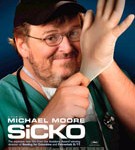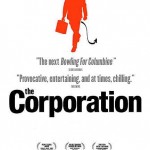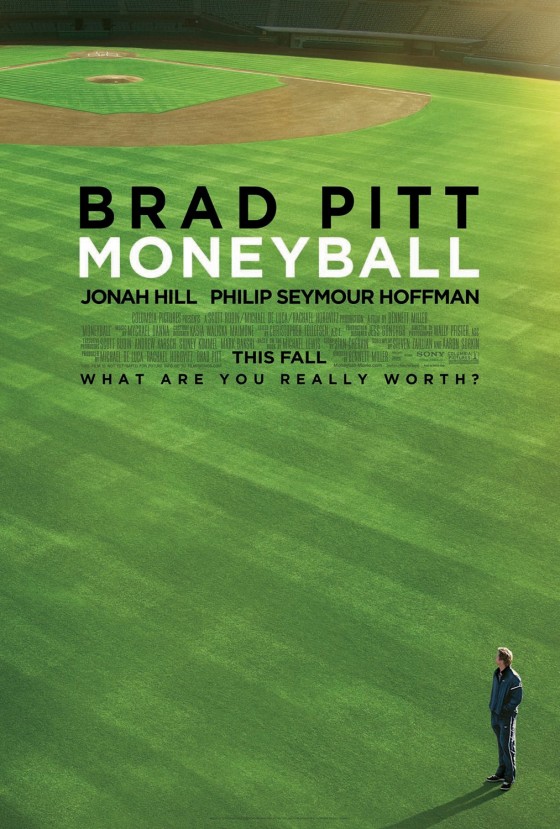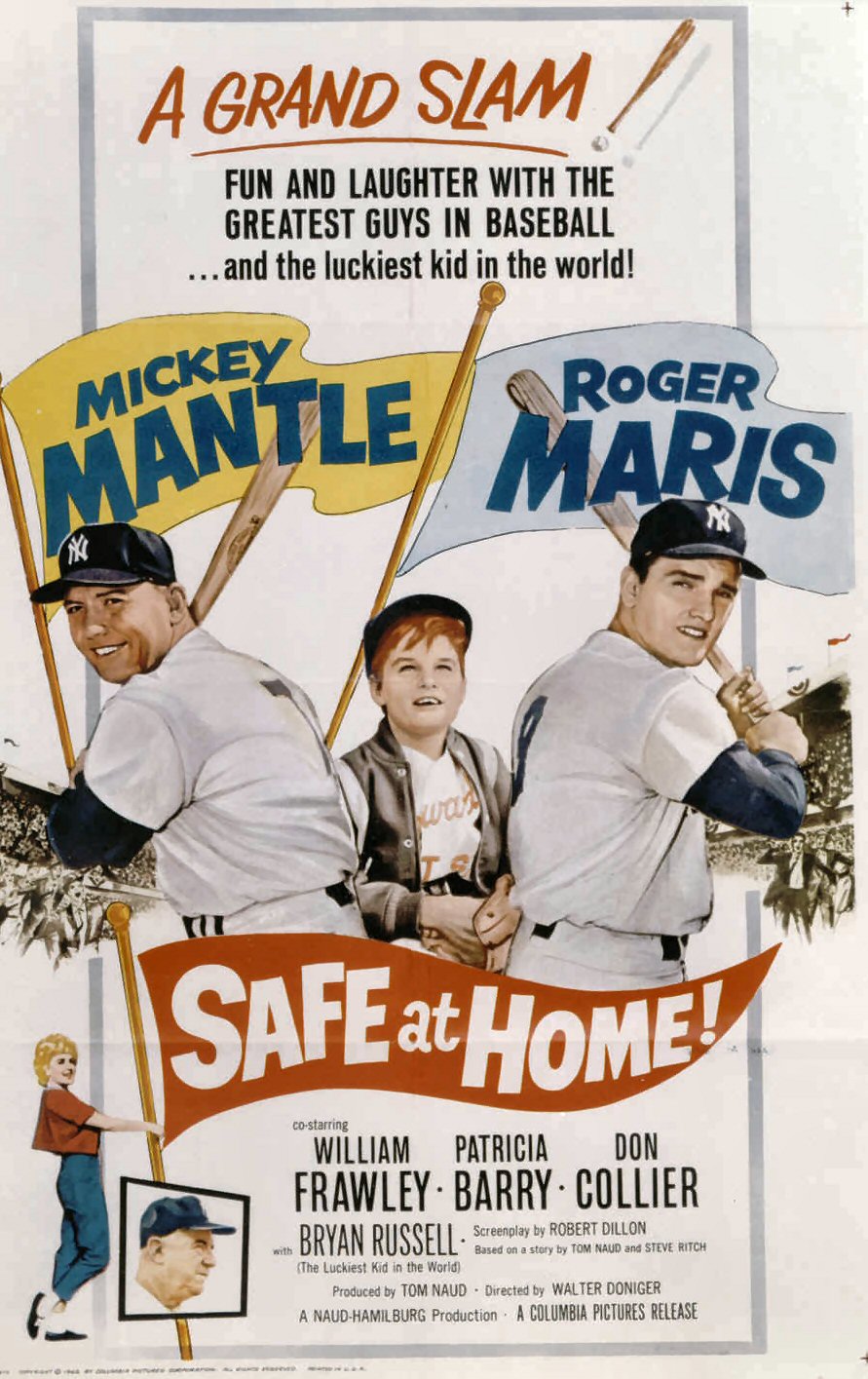Thus far Michael Moore has made a career of making sweeping and grandiose documentaries that entertain and provoke discussion more than they offer a balanced view on any given subject. So one-sided are his films that they work to polarize audiences. But they get people talking – even if a lot of it is Moore drumming up some free publicity for himself. While I sometimes question his tactics, I find the proud Michigan native’s movies to be immensely engaging. And, well, he makes you think about stuff.
In way of tone and humor, SiCKO isn’t much different from Moore’s previous efforts such as Bowling for Columbine and Roger and Me. He runs amuck, makes mothers cry on cue and stages elaborate stunts to bring attention to his cause. However, unlike his other films, Moore finally starts to offer some sort of a solution that involves something other than marking an ‘X’ next to a name that doesn’t say ‘Bush’.
The topic du jour this time around is the screwed up state of the United States health care system. Compiling real-life horror story after real-life horror story, Moore paints an ugly picture of medicine in America, where the bottom line is the most important thing. Rich and poor, black and white, nobody is immune to the wrath of the insurance company who apparently see yeast infections as something that needs to be disclosed under the “previous ailments” slot on the application form. Otherwise you might find your policy revoked when you least want it to.
Moore seems to always make his movies personal. As such, his mug is everywhere. But SiCKO isn’t about Moore. For the first 60 minutes, at least. He largely plays the role of provoker and interviewer. This is appropriate because SiCKO isn’t about his own personal journey and search for truth like Bowling for Columbine was. Once the boat leaves for Cuba, though, Moore digs into his old bag of tricks (AKA a megaphone) and screams about how he’s mad as hell and not going to take it anymore. However, for the first act Moore steps back and lets everyone else tell their stories. In doing so, even though it’s still one-sided, it comes across more as fact than a lot of his other stuff simply because it’s not one person’s opinion. Moore would certainly be better served by letting some of the high rise suits from the insurance companies go in front of the camera and let them explain themselves, but who’s going to fight Michael Moore nowadays and face looking like a fool.
Watching SiCKO, Moore appears to be evolving as a filmmaker. In keeping himself out of it more it really is less entertaining as he’s a lively personality and his presence in a sticky situation can create some delightfully squeamish moments. But in stepping back, Moore is also able to digest things more and raise additional questions. He even approaches offering solutions. They’re not very deep – just shorthand looks at the health care systems of Canada, Great Britain, France and Cuba. None of these are portrayed as being run on the basis of profit but rather one of compassion and charity, the way one would help health care could be run. Of course Moore hardly mentions some of the shortfalls of these systems such as the sometimes long waitlists in Canada. Still, there’s an underlying principle behind them that’s a lot nicer than having to sell your house to pay for an operation.
Like any film attached to Michael Moore, SiCKO can be picked apart as being one-sided, stretching the truth, picking and choosing what to include and what not to. But what documentary can’t? Moore aims to entertain and educate – even if that means doing a little research and legwork beyond his movies. SiCKO is simply a launching point to a larger discussion that should take longer than a two hour running time.
SiCKO Gallery
SiCKO Trailer
















